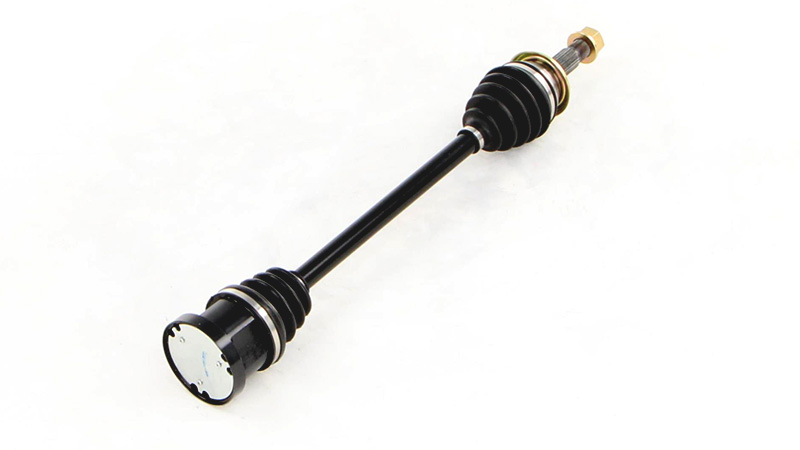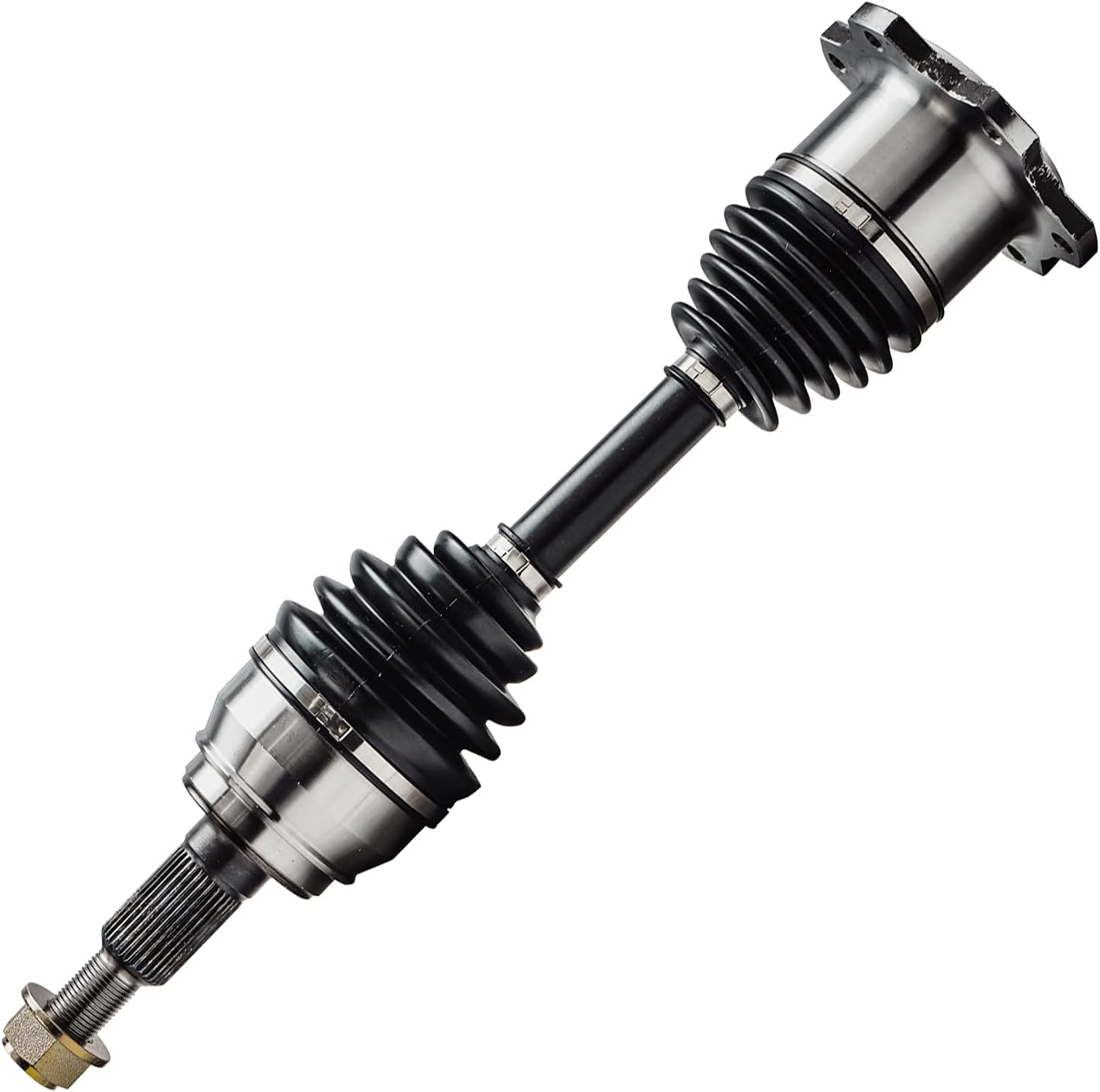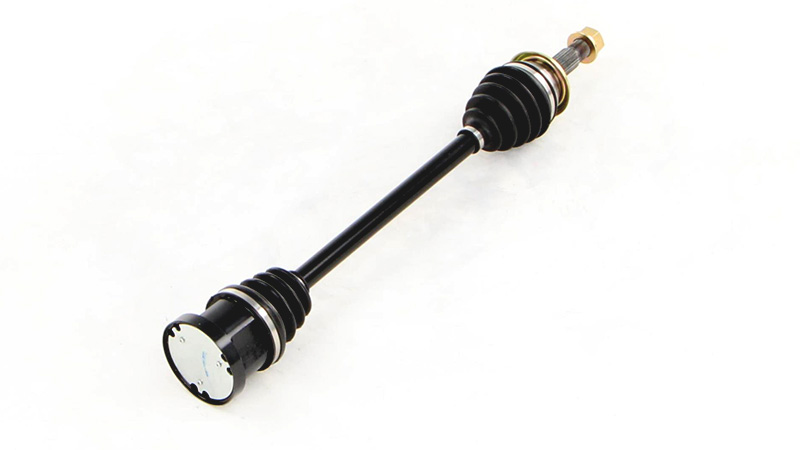Product Description
ZheJiang Qilu Industrial Co., Ltd has the capacity to guarantee the quality for every step, from raw material (forging), then heating treatment, finally machining. We have our own forging mill, heating teatment shop and machining shop. At present we could supply various of lage main shaft, turbin shaft, cylinder shaft, windy generator shaft, roller shaft, wheel forging, drill bit forging and kinds of irregular parts based on the drawing provided by customers.
Steel material for shaft and forging parts:
| Engineering Steel | |||||
| GB GB/T 700 |
JIS JIS G3101 |
DIN (W-Nr.) EN10571-2 / DIN17100 |
AISI/ASTM ASTM A36 |
BS | OTHERS |
| Q235B | SS400 | S235JR / RST37-2 | A36 | ||
| Q235C | S235J0 / ST37-3 U | ||||
| Q235D | S235J2 | ||||
| GB GB/T1591 |
JIS | DIN (W-Nr.) EN10571-2 / DIN17100 |
AISI/ASTM | BS | OTHERS |
| Q355B | S355JR | ||||
| Q355C | S355J0 / ST52-3U | ||||
| Q355D | S355J2 / ST52-3 N | ||||
| Q355E | S355K2 | ||||
| GB GB/T 699 |
JIS JIS G4051 |
DIN (W-Nr.) EN 10083-2 |
AISI/ASTM ASTM A20 |
BS | OTHERS |
| 1018 | EN2C | ||||
| 20 | S20C | C20 | 1571 | EN3B/070M20 | ASTM A105 |
| 35 | S35C | C30 | 1035 | ||
| 45 | S45C | C45E/1.1191 | 1045 | EN8D/080M40 | |
| 50 | S50C | C50/1.1206 | 1050 | 080M50 | |
| 55 | S55C | C55 | 1055 | EN9/070M55 | |
| GB GB/T 3077 |
JIS JIS G4105/JIS G4103 |
DIN (W-Nr.) EN 15710 |
AISI/ASTM ASTM A29 |
BS BS 970 |
OTHERS |
| 40Cr | SCr440 | 41Cr4(1.7035) | 5140 | ||
| 15CrMo | SCM415 | 16CrMo44/1.7337 | |||
| 20CrMo | SCM420 | 18CrMo4/1.7243 | 4118 | ||
| 30CrMo | SCM430 | 25CrMo4/1.7218 | 4130 | 708A25/708M25 | |
| 42CrMo | SCM440 | 42crmo4/1.7225 | 4140 | EN19/709M40 | |
| SCM445 | 4145 | ||||
| 40CrNiMoA | SNCM 439/SNCM8 | 36CrNiMo4/1.6511 | 4340 | EN24/817M40 | |
| 40NiMoCr10-5/1.6745 | EN26/826M40 | ||||
| 34CrNiMo6 / 1.6582 | 4337 | ||||
| 30CrNiMo16-6/1.6747 | 4330V | EN30B/835M30 | |||
| 32CrMo12/1.7361 | EN40B/722M24 | ||||
| 16CrMnH / 20CrMnTi | 16MnCr5 / 1.7131 | 5115 | |||
| 20CrMn | 20MnCr5 / 1.7147 | ||||
| 15CrNi6/1.5919 | 3115 | ||||
| 16NiCr4/1.5714 | EN351/637M17 | ||||
| 4615/4617 | EN34/665M17 | ||||
| 14NiCr14/1.5752 | 3310/3415 | EN36/655M13 | |||
| 15NiCrMo16-5/1.6723 | EN39/835M15 | ||||
| 17CrNiMo6 | 18CrNiMo7-6 (1.6587) | 4815 | |||
| 20CrNiMo | SNCM220 | 1.6523/21NiCrMo2 | 8620 | 805M20 | |
| 20CrNiMo5 | EN353 | ||||
| GCr15 | SUJ2 | 52100/1.3505 | EN31/535A99 | ||
| 38CrMoAl | SACM645 | 41CrAlMo7/34CrAlMo5 | 905M39/905M31 | 41CrAlMo74(ISO) | |
ZheJiang Qilu Industrial Co., Ltd were already engaged in exporting steel for 11 years, could supply a great variety of hot forged, hot rolled and cold drawn Steels, including engineering steel, cold work tool steel, hot work tool steel, plastic mold steel, spring steel, high speed steel, stainless steel etc., besides Qilu Industrial also has their own heating treatment shop and machining shop to provide heating treatment, cutting and further machining service.
Since 2008 year, ZheJiang Qilu Industrial has the right to export all FORGED STEEL behalf of Qilu Speical Steel Co.,ltd which is specialized in smelting and forging of special steel since 1965 year, now Qilu special steel is 1 of the biggest manufacturer of forged product in China.The forged products are used in Automotive, Aerospace, Power Generation, Oil & Gas, Transportation and Industrial.
Till 2013 year, many customers need HOT ROLLED and COLD DRAWN steel from Qilu Industrial, in order to provide one-stop solution to our customers, Qilu Industrial began to cooperate with Xihu (West Lake) Dis.bei Special Steel (HangZhou and HangZhou mill), Baosteel, Tiangong International, Changcheng Special Steel for hot rolled tool steel, cooperate with HangZhou Speical Steel, HangZhou HangZhou Speical Steel, Shagang Group, CZPT Group for hot rolled engineering steel. Now we already set up the warehouse in HangZhou and HangZhou City, more than 20000 tons ex-stock could be supplied with kinds of sizes.
Then from 2018 year, Qilu Industrial decide to provide further manufacturer processing service, at present we could supply various of lage main shaft, turbin shaft, cylinder shaft, windy generator shaft, roller shaft, wheel forging, drill bit forging and kinds of irregular parts based on the drawing provided by customers.
Qilu Industrial is the professional one-stop steel manufacturer, stockist and exporter in China, our customers spread all over the world, include West Europe, North America, South America, Asia, Middle Asia, Africa, Australia, etc.
The company owns advanced special steel smelting facilities and forging processing equipments, the main steel-making equipment include 2 sets of 50t ultra-high power electric arc furnaces,2 sets of 60t LF refining furnaces,1 set of 60t vacuum degassing refining CZPT and 4 sets of 1-20t electroslag re-melting furnaces.
The main forging equipments mainly include:3 sets of 5t electro-hydraulic hammers, 1 set of high-speed forging units of 800t,1600t,2000t and 4500t respectively.
| Material: | Alloy Steel |
|---|---|
| Load: | Central Spindle |
| Stiffness & Flexibility: | Stiffness / Rigid Axle |
| Journal Diameter Dimensional Accuracy: | IT6-IT9 |
| Axis Shape: | Straight Shaft |
| Shaft Shape: | Stepped Shaft |
| Customization: |
Available
| Customized Request |
|---|

Can you provide insights into the maintenance of axle bearings for smooth operation?
Maintaining axle bearings is essential for ensuring smooth operation, longevity, and optimal performance of a vehicle’s axle system. Here are some insights into the maintenance of axle bearings:
1. Regular Inspection:
Perform regular visual inspections of the axle bearings to check for any signs of wear, damage, or leaks. Look for indications such as excessive play, unusual noises, vibration, or leakage of grease. Inspections should be carried out as per the manufacturer’s recommended intervals or during routine maintenance checks.
2. Lubrication:
Adequate lubrication is crucial for the smooth operation of axle bearings. Follow the manufacturer’s guidelines for the type of lubricant to use and the recommended intervals for greasing. Over-greasing or under-greasing can lead to bearing damage or failure. Ensure that the proper amount of grease is applied to the bearings, and use a high-quality grease that is compatible with the axle bearing specifications.
3. Seal Inspection and Replacement:
Check the condition of the axle bearing seals regularly. The seals help to keep contaminants out and retain the lubricating grease within the bearing. If the seals are damaged, worn, or show signs of leakage, they should be replaced promptly to prevent dirt, water, or debris from entering the bearing assembly and causing damage.
4. Proper Installation:
During axle bearing replacement or installation, it is crucial to follow proper procedures to ensure correct seating and alignment. Improper installation can lead to premature bearing failure and other issues. Refer to the manufacturer’s instructions or consult a professional mechanic to ensure proper installation techniques are followed.
5. Load Capacity and Alignment:
Ensure that the axle bearings are properly sized and rated to handle the load capacity of the vehicle and the specific application. Overloading the bearings can lead to excessive wear and premature failure. Additionally, proper wheel alignment is important to prevent uneven bearing wear. Regularly check and adjust the wheel alignment if necessary.
6. Environmental Considerations:
Take into account the operating conditions and environment in which the vehicle is used. Extreme temperatures, exposure to water, dirt, or corrosive substances can affect the performance of axle bearings. In such cases, additional preventive measures may be necessary, such as more frequent inspections, cleaning, and lubrication.
7. Professional Maintenance:
If you are unsure about performing maintenance on axle bearings yourself or if you encounter complex issues, it is recommended to seek assistance from a qualified mechanic or technician who has experience with axle systems. They can provide expert advice, perform necessary repairs or replacements, and ensure proper maintenance of the axle bearings.
By following these maintenance insights, you can help ensure the smooth operation, longevity, and reliability of axle bearings, contributing to the overall performance and safety of the vehicle.

What are the symptoms of a failing CV joint, and how does it relate to the axle?
A CV (constant velocity) joint is an essential component of the axle assembly in many vehicles. When a CV joint starts to fail, it can exhibit several symptoms that indicate potential problems. Here’s a detailed explanation of the symptoms of a failing CV joint and its relationship to the axle:
Symptoms of a Failing CV Joint:
1. Clicking or popping sounds: One of the most common signs of a failing CV joint is a clicking or popping sound when making turns. This noise usually occurs during tight turns and may indicate worn-out or damaged CV joint bearings.
2. Grease leakage: A failing CV joint may leak grease, which can be seen as dark-colored grease splattered around the CV joint or on the inside of the wheel. Grease leakage is typically caused by a cracked or damaged CV joint boot, which allows the lubricating grease to escape and contaminants to enter.
3. Excessive vibration: A worn-out CV joint can cause vibrations, especially during acceleration. The vibrations may be felt in the steering wheel, floorboards, or even the entire vehicle. These vibrations can become more noticeable as the CV joint deteriorates further.
4. Difficulty in turning: As the CV joint wears out, it may become difficult to turn the vehicle, especially at low speeds or when making sharp turns. This symptom is often accompanied by a clicking or popping sound.
5. Uneven tire wear: A failing CV joint can lead to uneven tire wear. If the CV joint is damaged or worn, it can cause the axle to wobble or vibrate, resulting in uneven tire tread wear. This can be observed by visually inspecting the tires and noticing uneven patterns of wear.
Relationship to the Axle:
The CV joint is an integral part of the axle assembly. It connects the transmission to the wheels and allows smooth power delivery to the wheels while accommodating the up-and-down motion of the suspension. The axle shaft is responsible for transmitting torque from the transmission to the CV joints and ultimately to the wheels.
Axles contain one or more CV joints, depending on the vehicle’s drivetrain configuration. In front-wheel drive vehicles, each front axle typically has two CV joints, one inner and one outer. Rear-wheel drive and all-wheel drive vehicles may have CV joints on both the front and rear axles.
The CV joint consists of a joint housing, bearings, and internal ball bearings or rollers. It is protected by a rubber or thermoplastic CV joint boot, which seals in the grease and protects the joint from contaminants. When the CV joint fails, it can affect the axle’s ability to transmit power smoothly and result in the symptoms mentioned above.
Regular inspection and maintenance of the CV joint and axle assembly are crucial to identify and address any issues promptly. If any of the symptoms mentioned earlier are observed, it is recommended to have the vehicle inspected by a qualified mechanic to determine the exact cause and perform necessary repairs or replacements.

What are the factors to consider when choosing an axle for a custom-built vehicle?
Choosing the right axle for a custom-built vehicle is crucial for ensuring optimal performance, durability, and safety. Here are several key factors to consider when selecting an axle for a custom-built vehicle:
- Vehicle Type and Intended Use:
- Axle Type:
- Weight Capacity:
- Axle Ratio:
- Braking System Compatibility:
- Suspension Compatibility:
- Aftermarket Support:
- Budget:
Consider the type of vehicle you are building and its intended use. Factors such as vehicle weight, power output, terrain (on-road or off-road), towing capacity, and payload requirements will influence the axle selection. Off-road vehicles may require axles with higher strength and durability, while performance-oriented vehicles may benefit from axles that can handle increased power and torque.
Choose the appropriate axle type based on your vehicle’s drivetrain configuration. Common axle types include solid axles (live axles) and independent axles. Solid axles are often used in heavy-duty applications and off-road vehicles due to their robustness and ability to handle high loads. Independent axles offer improved ride quality and handling characteristics but may have lower load-carrying capacities.
Determine the required weight capacity of the axle based on the vehicle’s weight and intended payload. It’s crucial to select an axle that can handle the anticipated loads without exceeding its weight rating. Consider factors such as cargo, passengers, and accessories that may contribute to the overall weight.
Choose an axle ratio that matches your vehicle’s powertrain and desired performance characteristics. The axle ratio affects the torque multiplication between the engine and wheels, influencing acceleration, towing capability, and fuel efficiency. Higher axle ratios provide more torque multiplication for improved low-end power but may sacrifice top-end speed.
Ensure that the chosen axle is compatible with your vehicle’s braking system. Consider factors such as the axle’s mounting provisions for brake calipers, rotor size compatibility, and the need for an anti-lock braking system (ABS) if required.
Consider the compatibility of the chosen axle with your vehicle’s suspension system. Factors such as axle mounting points, suspension geometry, and overall ride height should be taken into account. Ensure that the axle can be properly integrated with your chosen suspension components and that it provides sufficient ground clearance for your specific application.
Consider the availability of aftermarket support for the chosen axle. This includes access to replacement parts, upgrade options, and technical expertise. A robust aftermarket support network can be beneficial for future maintenance, repairs, and customization needs.
Set a realistic budget for the axle selection, keeping in mind that high-performance or specialized axles may come at a higher cost. Balance your requirements with your budget to find the best axle option that meets your needs without exceeding your financial limitations.
When choosing an axle for a custom-built vehicle, it’s recommended to consult with knowledgeable professionals, experienced builders, or reputable axle manufacturers. They can provide valuable guidance, assist in understanding technical specifications, and help you select the most suitable axle for your specific custom vehicle project.


editor by CX 2023-11-30